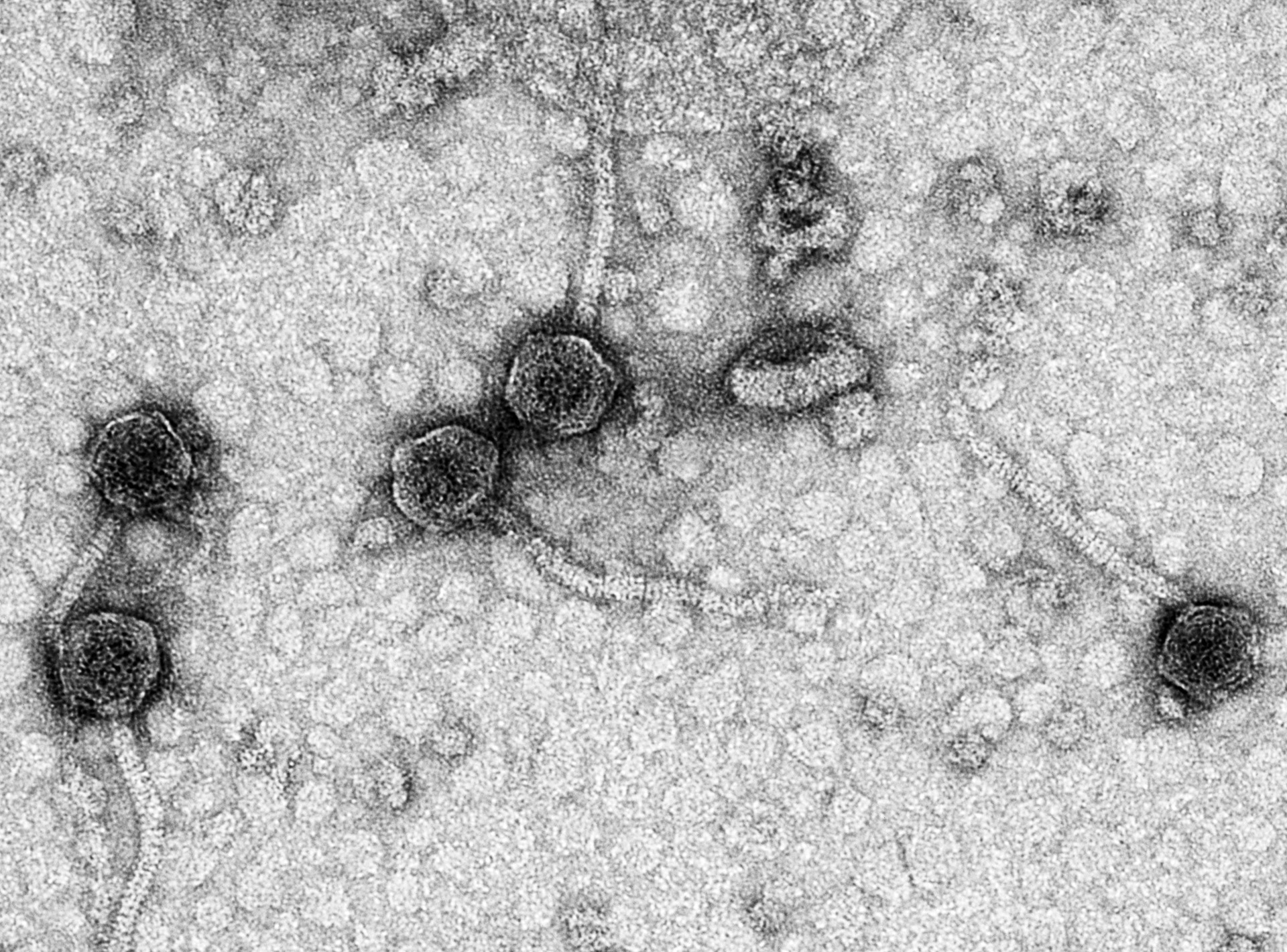 A UWA team is on the hunt for bacteriophages that might revolutionise the treatment of bacterial infections.
A UWA team is on the hunt for bacteriophages that might revolutionise the treatment of bacterial infections.
Using special viruses that destroy specific bacteria, researchers from The University of Western Australia (UWA) hope to provide an alternative to the widespread use of antibiotics. The team is led by Dr Lucy Furfaro, a Forrest Prospect and Raine/Robson Fellow from the Division of Obstetrics and Gynaecology at UWA.
Antimicrobial resistance (AMR) is a major problem affecting the health of humans and animals. AMR occurs when the extensive application of antibiotics leads to the evolution of a new generation of antibiotic-resistant strains. Such microbial strains represent a serious threat to human and animal health, agriculture, the environment, and the food sectors, as we are powerless to contain them.
In the realm of human health, a recent national report on antimicrobial use and resistance in human health found that common pathogens such as Escherichia coli, Salmonella, Neisseria gonorrhoeae and Neisseria meningitidis are becoming increasingly resistant to major drug classes.
A phage solution
A way around this problem is to use bacteriophages or phages, these viruses are natural predators of bacteria and are known to be highly specific to the bacterial species they target. This property has made phages an attractive option to treat infections, as by targeting the bacteria of interest nearby beneficial bacteria are not affected. Read more about the use of phage in the treatment of bacterial infections here.
“Phages are extremely specific to the bacteria they infect and use them to replicate inside before bursting the bacteria open and releasing many more phages which go on to continue the process. These types of phages are known as virulent or obligately lytic phages and are ideal for eradicating specific bacteria, but leaving other beneficial bacteria unaffected,” Dr Furfaro told Medical Forum.
Research currently being developed by Dr Furfaro is focusing on identifying potential phages that can have clinical applications in the treatment of bacterial infections. Dr Furfaro is specifically focusing on the potential of using phages to reduce antibiotic exposure during the early stages of life, during pregnancy and shortly after birth. Read more about the potential of phage therapy during pregnancy here.
“Targeted therapies such as phages have the potential to reduce the impact on our microbiome which research is now revealing has an impact on our health throughout our life. The first step includes understanding our natural exposure to phages during pregnancy and early life and whether phages may have a protective role during this time,” Dr Furfaro said.

